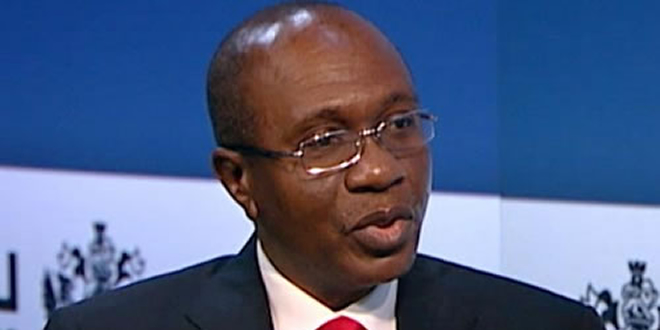
By Niyi Olaoye
The Central Bank of Nigeria (CBN) has said that instant money transfers through the Deposit Money Banks (DMBs) have grown to N10 trillion as at February, 2016.
At a one-day interactive enlightenment session with stakeholders held in Lagos over the weekend, the apex bank said that through the cashless policy, it has sought to transform both commercial and retail payments to increase the use of electronic (alternative to cash) channels.
NIP is the first and only point to point funds transfer service that guarantees instant value to the beneficiary.
Powered by the Nigeria Interbank Settlement System (NIBSS), the Instant Transfer is a service majorly offered through bank’s internet banking, mobile and bank branch platforms for corporates and individuals as well as through the banks’ branch network. It is an on-line real-time bank account numbers based Inter-bank credit transfer.
In his presentation, Assistant Director, Banking and Payment System Department CBN, Agboola Olusola further disclosed that point of sales transaction value has risen from a total of N39 million in January, 2012 to N46 billion in February, 2016.
Similarly, he added Mobile Money Operators’ transaction increased from N31 billion in 2012 to N1.1 trillion in April,2016 with 107,571 agents and 29.9million customers.
CBN further revealed that the number of citizens captured is 5 million while a total of Bank Verification Numbers linked to accounts as at May 31, 2016 stood at 34,765,546.
The bank said it has so far conducted nation-wide cashless sensitization campaign; successfully implemented cashless policy in Lagos, Abia, Anambra, Kano, Ogun, Rivers and FCT; licensed 21 Mobile Money Operators and 6 Payment Terminal Service Providers (PTSPs) among others.
He, however, hinted that CBN effected refunds of N26.998billion to bank customers, while its Consumer Protection unit received and treated over 8,000 complaints, was able to resolve over 6,000 complaints.
On job losses, Okoroafor said it is not about one industry. He said it is about what the labour law says and about the country’s industrial policy, but remains optimistic that the ministry of labour and the banks would arrive at a reasonable conclusion in their soon-to-held meeting.
He said the interactive session is a way of sensitizing stakeholders about the recent policy measures taken by the apex.
He said for instance that Financial Literacy Framework adopted in 2013 was reviewed in 2015 and that it adopts a CBN-led multi-stakeholder approach to the delivery of financial education programmes to drive financial inclusion and to promote sustainable economic growth and development.
Also responding, the General Secretary of National Union of Textile Garments and Tailoring Workers of Nigeria (NUTGTW), Comrade Issa Aremu, said the interactive session has been quite useful.
According to him, the CBN under Godwin Emefiele has done what labour asked for by insisting that as an import dependent country, Nigeria will not benefit anything from Naira devaluation.
“We are happy the CBN has kept to that because any devaluation will have negative impact on workers’ salary,” Aremu said.





Comments are closed.